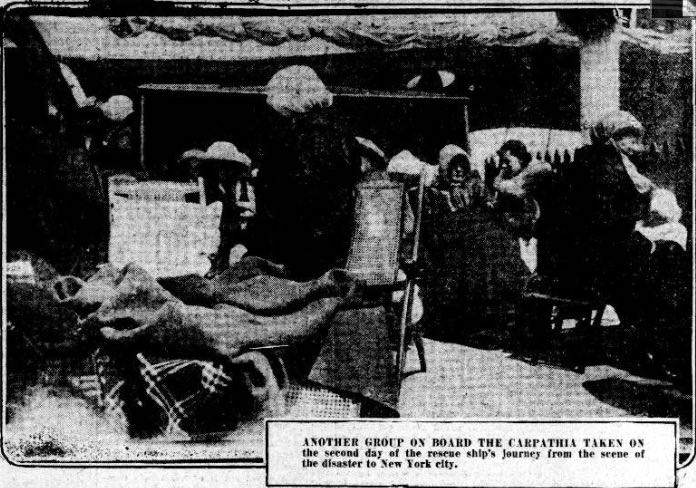
This is one of the articles I have found that mention the doors being locked so that the poorer passengers could not escape from the sinking ship.

Titanic Disaster May Mark Turning Point in the Race of Money Mad People
When the Titanic sank the whole world gasped. The Titanic made us all see for an instant what we had been blind to.
The Titanic made us see that the multimillionaire in the suite-de-luxe and the stoker in the fire hold are the same clay. Death is the end of each.
The beautiful woman who traveled in the suite-de-luxe paid as much for her five days of luxurious travel as one of the bright eyed immigrant girls in the steerage would be able to earn in ten long years of hard work. Death to each was bitter.
While the ship was on its way and the doors were closed between the first and second classes there were a lot of things that seemed to count and chief of these seemed to be the ability to pay.
Then death battered down the steel doors of the steerage and tore aside the silken hangings of the first cabin — and the world gasped!
Death had stalked in upon those who had gone to sea in this newest, greatest, most luxurious ship — stalked in upon those who were on board for pleasure and upon those who had been urged — driven — from native land by the hope of more bread and less sweat in the new world.
Then some sixteen hundred people — rich and poor — were caught in a death trap and drowned like rats.
The world shuddered.
Daniel Guggenheim, whose brother was browned, said: “These 1,500 lives is a frightful price to pay for safety on the sea. It is a frightful crime.”
And that is true. The ship had luxury without lifeboats. The luxuries were for the first cabin, but the lifeboats were for all.
Daniel Guggenheim is the head of the smelter trust and one of the world’s great mine owners.
In the coal mines of the United States alone last year, more than twice as many lives were lost as on the Titanic.
The world gasps at the Titanic and yet it is the same sort of death that 83 miners suffered at Jedd, W. Va., that 100 miners met at Bryceville, Tenn., that overtook 250 miners at Jacobs Creek in Pennsylvania, and 265 at Cherry, Ill. Shall we say that the fate met by those upon the ocean was less horrible for each individual than that of 146 girls entrapped in the Triangle shirtwaist factory in New York, or less horrible than the burning to death of 600 in the Iroquois theater in Chicago.
Equal in the hour of death, shall we not be equal in the hours of life?
If this is the truth pressed home by the Titanic her people will not have died in vain. If pleasure seekers of wealth and leisure realize that they are not to ride on upper decks in utter disregard of the privation of the steerage and the pains of the stokehold then perhaps the sinking of the Titanic may mark a turning point in the race of a money mad people.
Source: (1912, April 22). Titanic Disaster May Mark Turning Point in the Race of Money Mad People. The Day Book.

